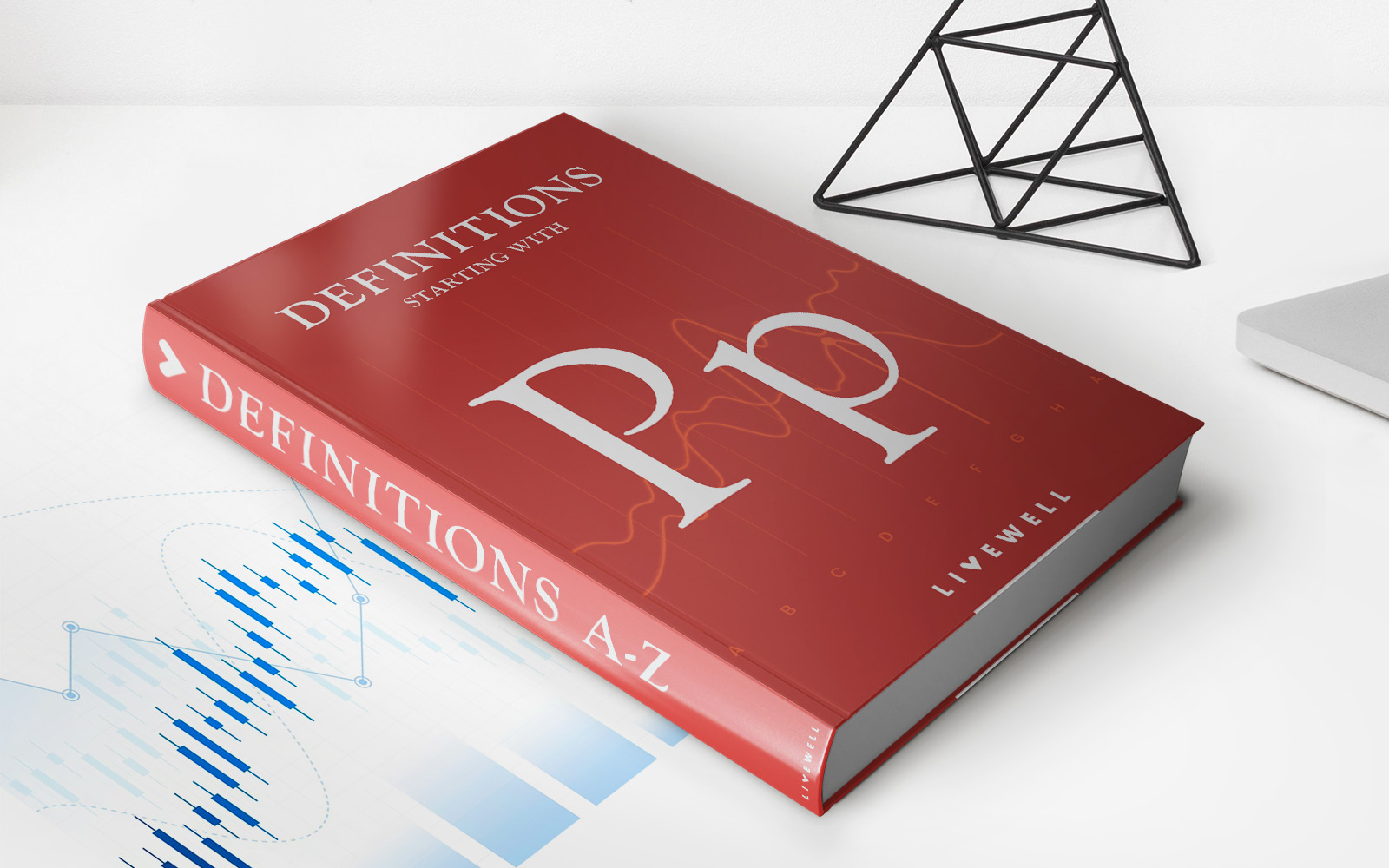

Finance
How To Improve Your Insurance Score
Published: November 19, 2023
Learn how to improve your insurance score and secure better financial options. Enhance your finance game with these expert tips and advice.
(Many of the links in this article redirect to a specific reviewed product. Your purchase of these products through affiliate links helps to generate commission for LiveWell, at no extra cost. Learn more)
Table of Contents
Understanding Insurance Scores
Understanding Insurance Scores
When it comes to insurance, your credit history plays a significant role in determining your insurance score. Insurance scores are used by insurance companies to assess the risk associated with insuring an individual and setting premiums. Similar to credit scores, insurance scores are calculated using various factors and can greatly impact your insurance rates.
Your insurance score is based on a combination of your credit history, driving record, claims history, and other relevant factors. Insurance companies use statistical models to analyze this information and assign you an insurance score. The higher your insurance score, the more favorable you are viewed as a policyholder, which can lead to lower insurance premiums.
Insurance scores are a reflection of your financial responsibility and your likelihood of filing claims. Insurance companies have found that individuals with higher insurance scores tend to have fewer claims and are more likely to make on-time payments.
It’s important to note that insurance scores are different from credit scores. Credit scores are used by lenders to determine your creditworthiness, while insurance scores are specific to the insurance industry. However, both scores are based on similar factors, such as payment history, outstanding debts, and the length of credit history.
Insurance scores vary by insurance company, as each company uses its own proprietary formula to calculate scores. Therefore, it’s essential to maintain a good credit history and be mindful of other factors that can affect your insurance score, as it can directly impact the rates you are offered by different insurance providers.
By understanding insurance scores and the factors that influence them, you can take steps to improve your score and potentially lower your insurance premiums. This knowledge is especially important when shopping around for insurance, as different companies may weigh certain factors differently and offer varied rates based on your individual score.
In the next sections, we will discuss the specific factors that can affect your insurance score and provide tips for improving your score to secure better insurance rates.
Factors that Affect Your Insurance Score
Factors that Affect Your Insurance Score
Your insurance score is influenced by various factors that provide insurers with insights into your risk profile. It’s important to understand these factors, as they can have a significant impact on your insurance rates. Here are some key factors that affect your insurance score:
- Credit History: Your credit history is a major factor that insurers consider when calculating your insurance score. This includes your credit utilization, payment history, and the length of your credit history. Individuals with a solid credit history are typically viewed as less risky and may receive lower insurance premiums.
- Driving Record: Your driving record, including any accidents, tickets, or violations, can have a substantial impact on your insurance score. Insurers consider individuals with a clean driving record to be less likely to file claims, resulting in potentially lower insurance rates.
- Claims History: Insurance companies also assess your claims history to evaluate your likelihood of filing future claims. If you have a history of frequent claims, insurers may view you as higher risk and charge higher premiums. Conversely, individuals with a minimal or no claims history are often rewarded with lower rates.
- Insurance History: Your previous insurance coverage and lapse in coverage can influence your insurance score. Insurance companies may view individuals with continuous coverage and no coverage gaps as more responsible and less likely to pose a risk.
- Type of Insurance: The type of insurance coverage you are seeking can impact your insurance score. For example, if you are applying for auto insurance, insurers may consider factors such as the make and model of your vehicle, its age, and its safety features.
It’s important to remember that the weight given to each factor may vary among insurance companies. Some insurers may place greater emphasis on credit history, while others may prioritize driving record. Additionally, the impact of these factors on your insurance score may change over time as your circumstances change.
Understanding the factors that affect your insurance score is essential in taking steps to improve it. By working towards maintaining a good credit history, practicing safe driving habits, and minimizing claims, you can potentially improve your insurance score and qualify for better insurance rates.
Tips for Improving Your Insurance Score
Tips for Improving Your Insurance Score
If you’re looking to improve your insurance score and potentially lower your insurance premiums, there are several steps you can take. Here are some tips to help you improve your insurance score:
- Maintain a good credit history: Pay your bills on time, keep your credit utilization low, and avoid excessive debt. Maintaining a solid credit history can positively impact your insurance score.
- Regularly check your credit report: Monitor your credit report for any errors or inaccuracies that could negatively impact your insurance score. Dispute and correct any errors promptly.
- Practice safe driving habits: Avoid speeding tickets, accidents, and other traffic violations. Safe driving habits can lead to a clean driving record and potentially lower insurance rates.
- Consider bundled insurance: Some insurance companies offer discounts when you bundle multiple insurance policies, such as auto and home insurance, with them. Bundling can help lower your overall insurance costs.
- Shop around for insurance: Different insurance companies weigh factors differently and offer varied rates. Take the time to compare quotes from multiple insurers to find the best rates based on your insurance score.
- Limit claims: File claims only when necessary. A history of frequent claims can negatively impact your insurance score, so it’s important to minimize them whenever possible.
- Maintain continuous coverage: Avoid gaps in your insurance coverage, as insurers may view this as a risk factor. Maintain continuous coverage to demonstrate responsibility and reduce the likelihood of higher premiums.
By implementing these tips, you can work towards improving your insurance score over time. However, it’s important to note that insurance scores are just one factor that insurers consider when determining your rates. Other factors, such as your age, location, and the type of coverage you need, may also play a role in setting your premiums.
Remember, improving your insurance score is a gradual process. It requires consistent effort and responsible financial behavior. Monitor your progress, stay committed to good financial habits, and regularly review your insurance policies to ensure you’re getting the best rates based on your improved insurance score.














